
In a landmark agreement announced by France, New Caledonia has secured a new status of statehood while remaining under French sovereignty. This development aims to quell long-standing tensions in the territory, which have occasionally erupted into violence over the years. The agreement, hailed as 'historic', follows years of negotiation between France and New Caledonian leaders, reflecting a compromise that acknowledges the region's desires for greater autonomy yet retains ties with France [1].

In a significant show of resilience, European Commission President Ursula von der Leyen successfully overcame a no-confidence vote this week, foiling a far-right initiative to unseat her. This political maneuver, amid the backdrop of ongoing strife within the European Union, highlights the challenges facing EU leadership as it juggles internal discontent and external pressures.
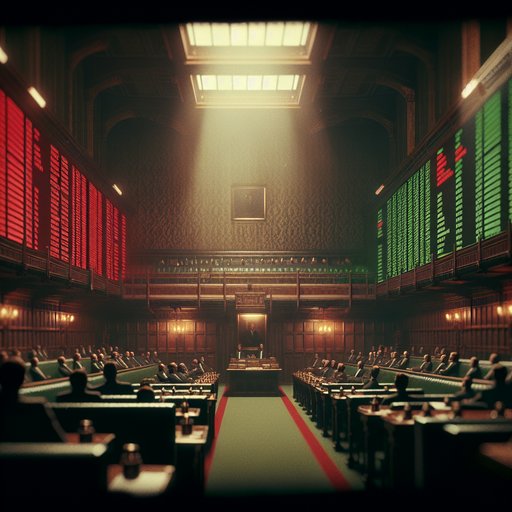
In the United States, a recent financial measure has stirred intense debate as the government faces the threat of closure. The newly approved finance bill, signed on July 4, allocates a historic $170 billion to bolster immigration enforcement, provoking concerns from civil liberties advocates [7]. As federal budget negotiations continue, the immigration budget has emerged as a focal point of contention between lawmakers striving to avert a potential government shutdown.
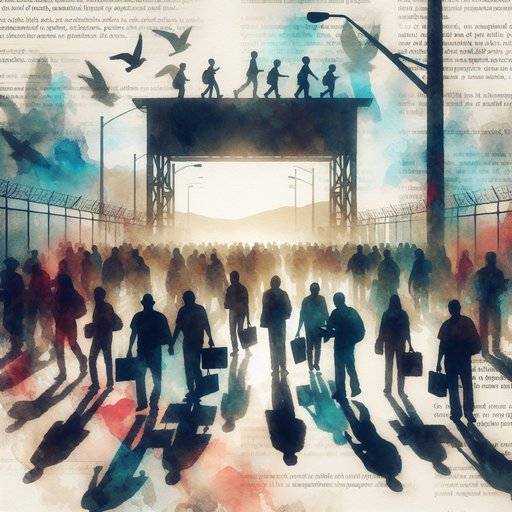
In a week marked by significant shifts in migration policies, governments in the US and Europe are grappling with the complexities and ramifications of new agreements and enforcement strategies. The United States, under the Trump administration, has seen an increased crackdown on immigration, affecting everything from corporate hiring practices to religious practices in local communities. Meanwhile, the UK and France are embroiled in negotiations over a controversial asylum deal as tensions rise in response to surging migrant entries.

Slovenia finds itself at the center of a political maelstrom following Prime Minister Robert Golob's unexpected call for a referendum on the nation’s NATO membership, announced on July 9. This bold move by Golob has sparked vigorous debates across the political spectrum, challenging the unity of his coalition government and captivating the interest of many European analysts and political experts [3].

Few things are more predictable in international relations than a super-power brandishing its economic heft to bend smaller nations to its will. From Franklin Roosevelt’s “arsenal of democracy” to the Reagan-era semiconductor fights with Japan, Washington has long treated tariffs and market access as levers of diplomacy. In that sense, what we are witnessing today is depressingly normal: the president of the United States threatening punitive duties unless foreign leaders change course on issues that have little to do with customs schedules and everything to do with domestic politics. White House

The past week has seen intensifying debates across the political spectrum, primarily focused on the intersection of populism and investigations into high-profile figures. From Silicon Valley boardrooms to the intricacies of U.S. justice, ideological divides are playing a pivotal role in shaping the discourse. At the heart of these debates are public figures like Zohran Mamdani, whose populist challenge is rekindling discussions among Democrats, and revelations around Jeffrey Epstein that continue to stir controversy among right-wing groups.
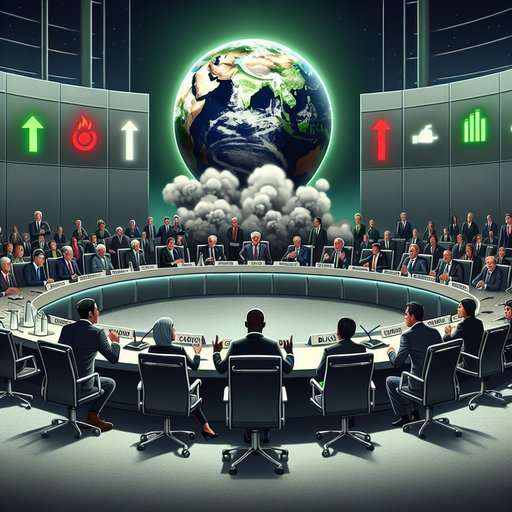
In a concerning new development, recent reports reveal that global carbon emissions have reached unprecedented levels, even as countries strive to curb pollution through increased adoption of green energy technologies. This revelation, made public on July 5, 2025, underscores the formidable challenges that remain on the path to sustainable and equitable climate strategies, with scientists and policymakers now grappling to recalibrate their approaches towards achieving net-zero emissions by 2050 [9].
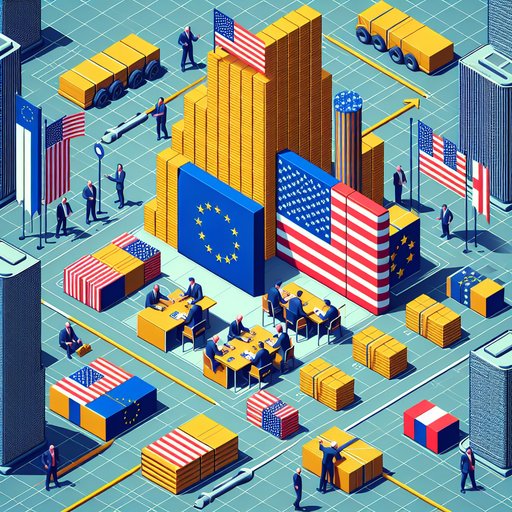
As the July 9 deadline approaches for finalizing a new trade agreement between the United States and the European Union, little progress has been made toward breaking the current impasse. Talks have hit a snag over tariff disagreements, with the EU's trade commissioner Maroš Šefčovič acknowledging that a breakthrough has yet to be achieved. These developments add to the complexities of transatlantic relations, already fraught with diplomatic subtleties and differing economic priorities [1][3].
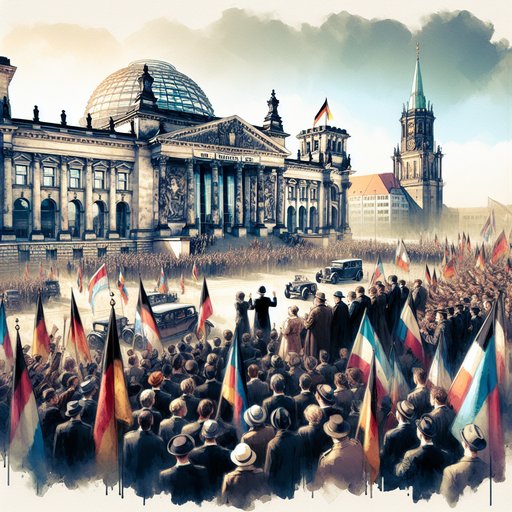
Berlin is at the center of a contentious debate as citizens prepare to vote on a groundbreaking car-free initiative. The referendum proposes to limit the use of private cars to just 12 trips per year in a bid to significantly reduce the city’s carbon footprint. While some hail it as a vital step toward sustainable urban living, others criticize it as an infringement on personal freedoms and practicality.
























